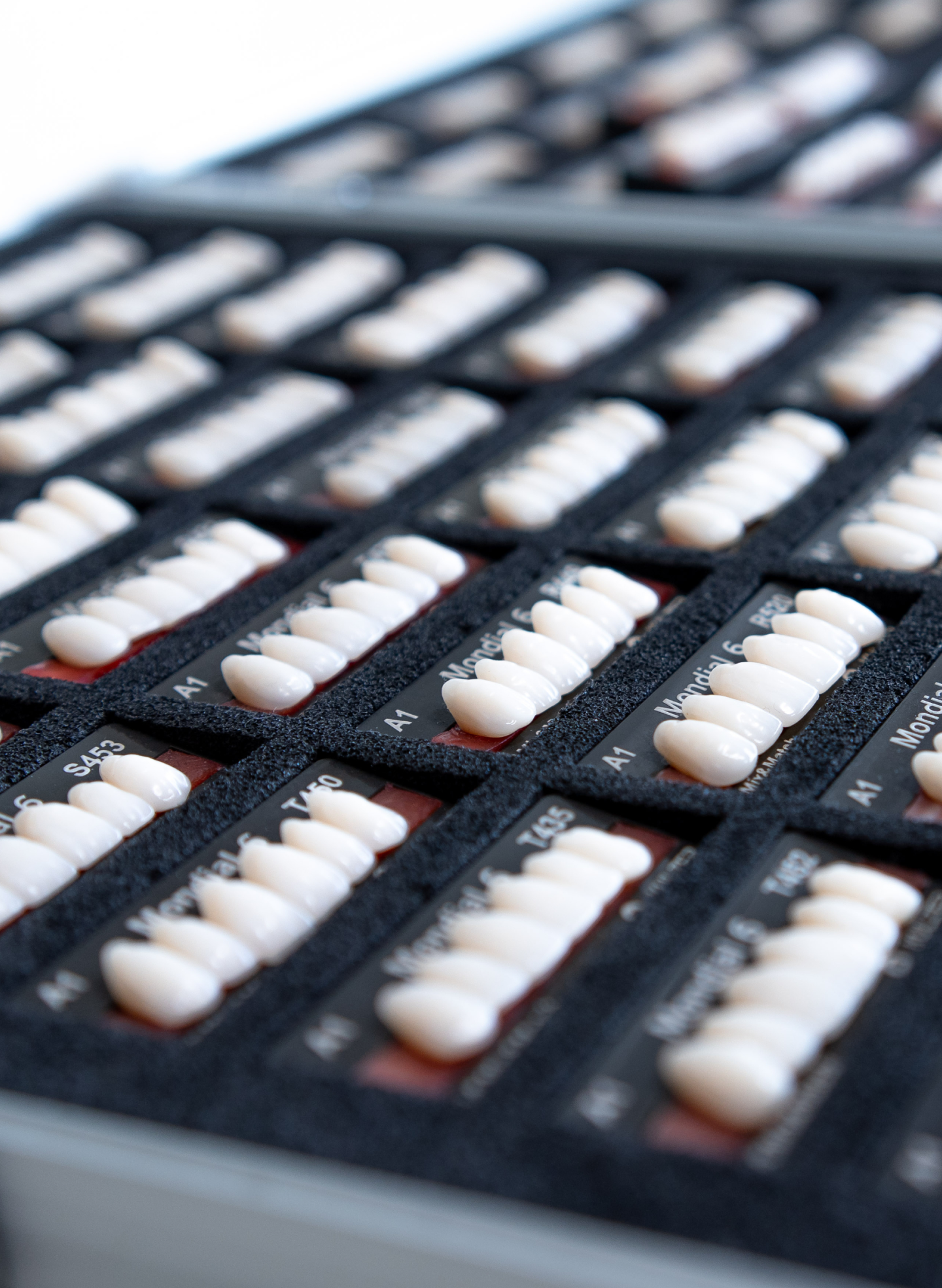Last updated 10.30.2024
Can you replace a failed dental implant with a new one?
Learn about replacing a failed dental implant, including procedures, recovery, and success rates for a lasting solution.

If you have a failing dental implant, you might be wondering what can be done? The good news is that replacing a failed dental implant with a new one is not only possible, but often straightforward.
While dental implants can last a lifetime with proper care and maintenance, and cases of implant failure are rare, ClearChoice® is here for you through every eventuality.
Reasons for replacing a dental implant
There are a few reasons why you may need to replace a dental implant. Common causes include:
Implant failure: While dental implants have high success rates, failures can occur due to infection, poor oral hygiene, or insufficient bone support.
Prosthetic Replacement: Over time, the prosthetic crown attached to your dental implant can wear out or become damaged. Changes in your gums or bone structure can also affect the appearance of your dental implant restoration, leading to aesthetic concerns.
The replacement process
Replacing a dental implant involves a few key steps:
Assessment and preparation: The health of your jawbone and gums will be evaluated. We will take an x-ray to assess your unique situation. You may need a bone graft to ensure proper support for the new implant.
Removal of the Old Implant: This is done carefully to preserve as much of the surrounding bone as possible.
Placement of the New Implant: Once the area is prepared, a new implant is placed and allowed to heal. We can often complete dental implant revision surgery on the same day if a bone graft is not required.
Factors to consider
Before replacing a dental implant, several factors need to be considered:
Health of surrounding bone and gums: Healthy bone and gum tissue are crucial for the success of the new implant.
Potential need for bone grafting: If bone loss has occurred, you may need a bone graft to provide sufficient support for the new implant.
Overall Health: Overall health can also impact the healing process and success of the implant.
Success rates and longevity
Modern dental implants boast impressive success rates, often 95%. To keep your new dental implant in excellent condition, follow these tips:
Maintain good oral hygiene: Brush twice a day to prevent plaque buildup.
Regular dental check-ups: Visit your dental provider regularly to monitor the health of your implant and surrounding tissues.
Avoid tobacco products: Smoking and chewing tobacco can greatly reduce implant lifespan and contribute to implant failure.
Replacing a failed dental implant FAQs
What are the signs that a dental implant needs to be replaced?
Signs that your dental implant may need replacement include:
Persistent discomfort
Loose or shifting implant
Gum inflammation or infection around the implant site
How long does the dental implant replacement process take?
The timeline for replacing a failed dental implant can vary, but typically involves:
Removal of the failed implant
Healing period (and bone grafting, if needed)
Placement of the new implant
Additional healing and osseointegration period
Is bone grafting necessary for all implant replacements?
Not all implant replacements require bone grafting. It’s typically necessary if there’s significant bone loss or if the implant site needs additional support.
What is the success rate of replacing dental implants?
The success rate for replacing dental implants is generally 95%. Factors influencing success include oral hygiene, bone quality, and overall health.
How can I ensure the longevity of my new dental implant?
Dental implant maintenance is the key to ensuring the longevity of your new implant. Be sure to:
Maintain excellent oral hygiene
Attend regular dental check-ups
Can all dental implants be replaced?
While most dental implants can be replaced, some situations may present challenges, such as severe bone loss or medical conditions that affecting healing. A prosthodontist consultation can provide a detailed evaluation and recommendations.



